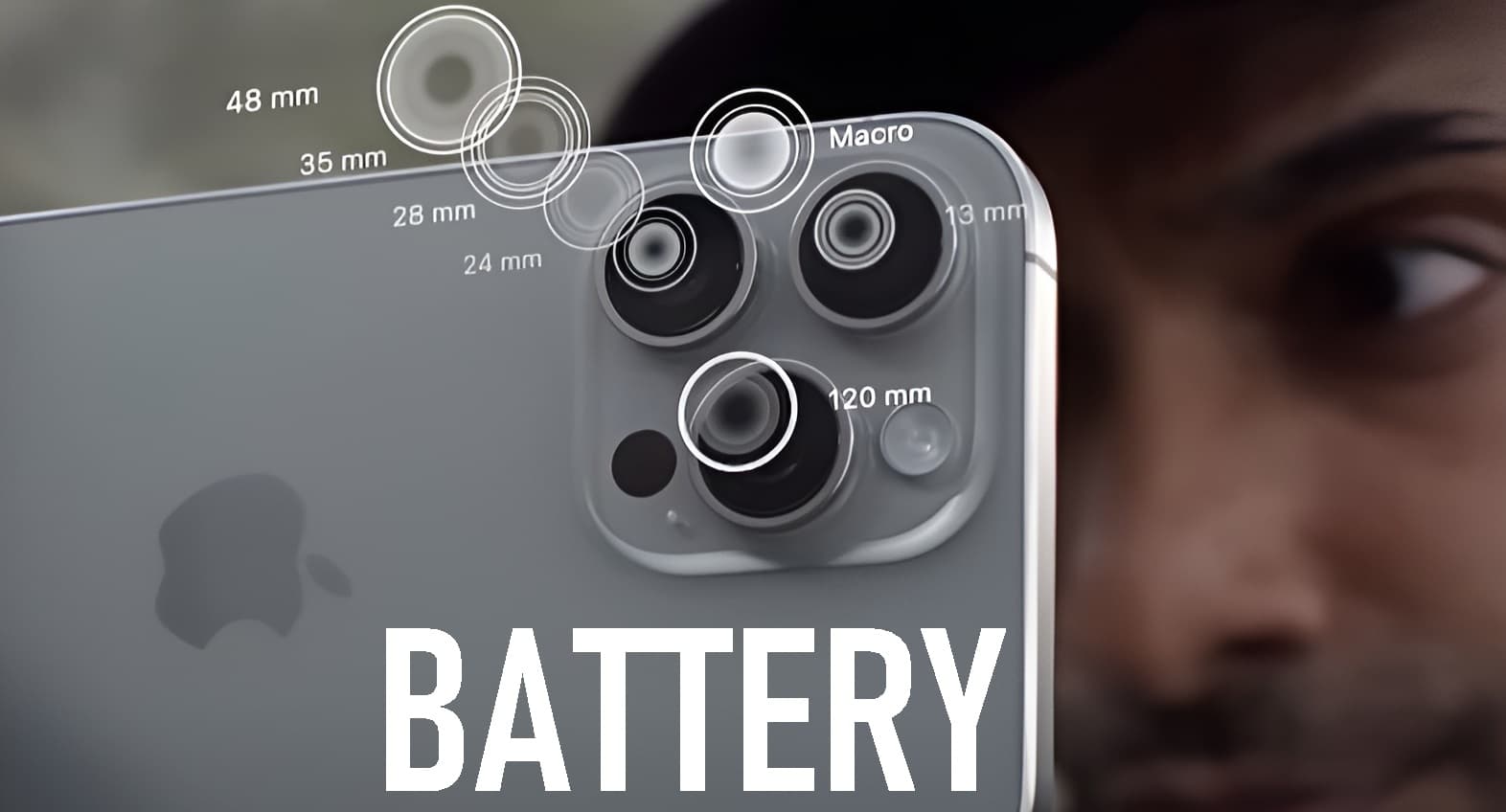Have you ever wondered if your iPhone slows down as it gets older? It’s a question that’s been circulating for years. With every new iOS update, there are claims that it makes older iPhones slower. But is that really the case? Let’s dive into the myth of aging iPhones and find out once and for all.
Key Takeaway:
- Despite popular belief, the performance difference between a brand new iPhone and a 6-year-old iPhone XS on the latest iOS version is minimal.
- Factors like software updates, battery health, and usage patterns play a more significant role in perceived slowdowns than the age of the device itself.
When a new iPhone is released, it’s the epitome of sleekness and speed. But as time passes and new models hit the market, many users start to notice a decline in performance on their older devices. This phenomenon has led to speculation that Apple intentionally slows down older iPhones to encourage users to upgrade to newer models. To put this theory to the test, we embarked on a journey to unbox and compare a sealed iPhone XS, released nearly six years ago, with a brand new one.
Unboxing the Time Capsule: A Brand New iPhone XS
The journey begins with the unboxing of a sealed iPhone XS, a relic from the past still wrapped in its original packaging. With bated breath, we peel back the plastic to reveal the pristine device within. The familiar Apple logo gleams in the light, untouched by the passage of time. It’s a moment of nostalgia and anticipation as we prepare to put this vintage device to the test.
What’s in the Box?
- iPhone XS: The star of the show, encased in its original packaging.
- Accessories: Earbuds, charging brick, and SIM eject tool, reminiscent of a bygone era.
- Battery Bank: A futuristic power bank from our sponsor, Charge, ensuring we have ample power for our experiments.
Setting the Stage: Testing Methodology
Before diving into performance tests, it’s essential to establish a baseline and ensure a fair comparison between the old and new iPhones. Here’s how we’re going to approach the experiment:
- Boot Time Comparison: We’ll start by powering on both devices simultaneously to see if the newer iOS version affects boot times.
- Usability Testing: We’ll conduct everyday tasks like navigating the OS, opening apps, and taking photos to assess any noticeable differences in performance.
- Objective Performance Measurement: Using benchmarking tools like Geekbench 5 and 3D Mark, we’ll quantify the performance gap between the two devices.
Now, let’s jump into the results and see if the myth holds any truth.
The Moment of Truth: Performance Comparison
1. Boot Time
We fired up both devices simultaneously, eager to see which would reach the home screen first. Surprisingly, the iPhone running iOS 12, the older version, edged out its counterpart by a few seconds. While not a significant difference, it’s worth noting that the newer iOS version took slightly longer to boot.
2. Usability Testing
Our hands-on experience revealed minimal differences in usability between the two devices. Both iPhones navigated the OS smoothly, with no discernible lag in everyday tasks like scrolling through apps and taking photos. While there were subtle variations in app launch times, they were hardly noticeable in real-world usage.
3. Objective Performance Measurement
Geekbench 5 CPU Benchmark
| Test | New iPhone XS | Old iPhone XS |
|---|---|---|
| Score | Higher | Slightly lower |
| Performance Gap | 1.5% | 5-9% |
The Geekbench 5 CPU benchmark yielded intriguing results. While the new iPhone XS scored slightly higher in the initial test, subsequent runs showed a consistent performance advantage. However, the margin was modest, ranging from 1.5% to 9%, indicating marginal differences in CPU performance.
Geekbench Compute Benchmark
| Test | New iPhone XS | Old iPhone XS |
|---|---|---|
| Score | Lower | Higher |
| Performance Gap | 8% | Consistent |
Surprisingly, the Geekbench Compute benchmark painted a different picture. The older iPhone XS consistently outperformed its newer counterpart by 8%, suggesting a discrepancy in GPU performance. These results challenge the notion that newer iOS versions inherently slow down older devices.
3D Mark Slingshot Extreme Benchmark
| Test | New iPhone XS | Old iPhone XS |
|---|---|---|
| Score | Higher | Lower |
| Performance Gap | Variable | Variable |
The 3D Mark benchmark further muddied the waters, with both devices trading blows in GPU performance. While the new iPhone XS secured a higher score, the older device occasionally outperformed it, indicating fluctuations in graphical prowess.
Debunking the Myth: What’s Really Slowing Down Your iPhone?
After extensive testing, it’s clear that the performance disparity between a new and old iPhone XS is minimal. While benchmark scores may fluctuate, the real-world difference in usability is negligible. So, what factors contribute to the perceived slowdown of aging iPhones?
1. Software Updates
Each new iOS version introduces optimizations and features tailored to the latest hardware. While older devices may not fully leverage these advancements, they rarely suffer significant performance degradation.
2. Battery Health
As batteries degrade over time, they may struggle to deliver peak performance, leading to occasional slowdowns, especially under heavy load. However, Apple’s Battery Health feature mitigates this issue by offering insights and management options.
3. Usage Patterns
The way you use your iPhone plays a crucial role in its perceived performance. Heavy multitasking, resource-intensive apps, and cluttered storage can all contribute to sluggishness over time.
4. Psychological Bias
Finally, there’s the psychological aspect. As technology evolves, users may subconsciously expect their older devices to lag behind newer counterparts, amplifying perceived slowdowns.
Final Thoughts: Should You Upgrade?
In conclusion, the myth of aging iPhones is just that—a myth. While newer models boast incremental improvements in performance, the difference in day-to-day usage is marginal at best. If your current iPhone meets your needs and budget, there’s no urgency to upgrade.
Pros:
- Minimal performance difference between new and old iPhones.
- Software updates and battery management mitigate slowdowns.
- Psychological bias may exaggerate perceived performance issues.
Cons:
- Newer models offer incremental performance improvements.
- Battery degradation over time may impact peak performance.
- Heavy usage and resource-intensive apps can lead to sluggishness.
Your Turn: Share Your Experience
Have you noticed a slowdown on your aging iPhone? What strategies have you employed to mitigate performance issues? Share your thoughts and experiences in the comments below!
Remember, while technology may evolve, the joy of using your iPhone should remain timeless. Don’t let myths and misconceptions cloud your enjoyment of a device that has served you faithfully over the years.
















